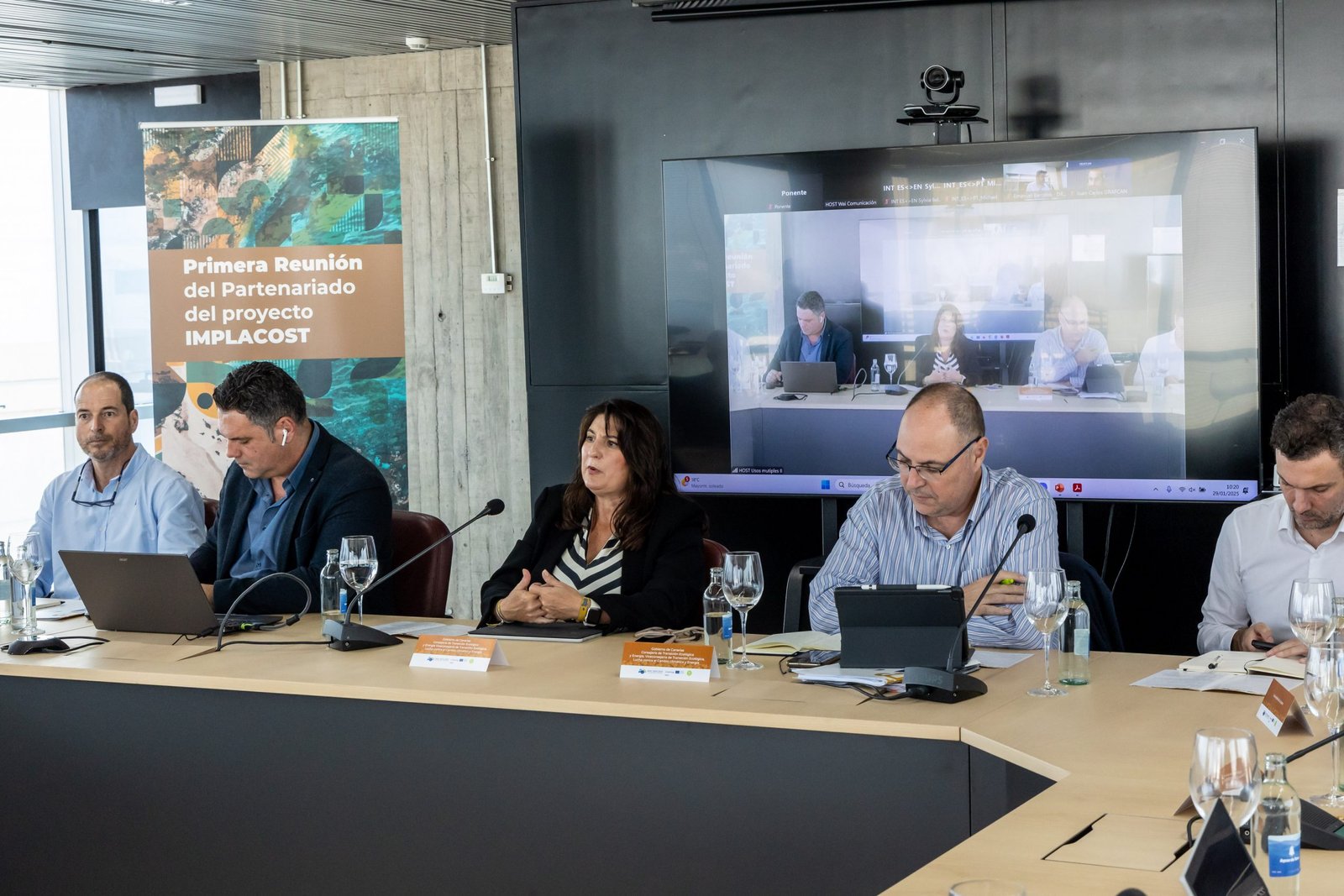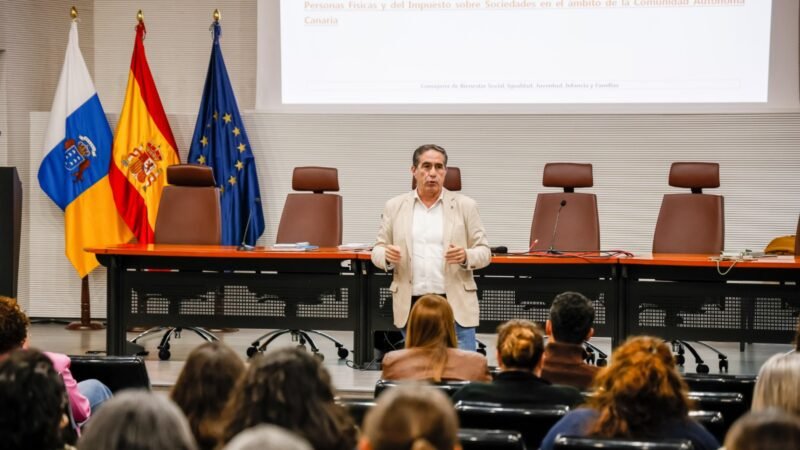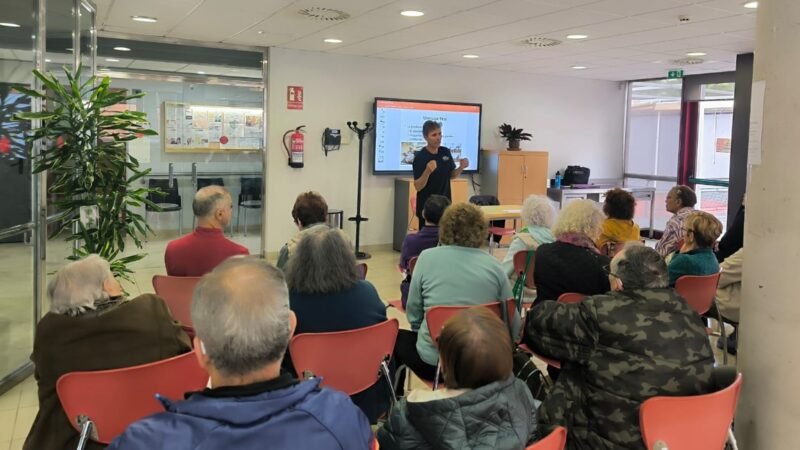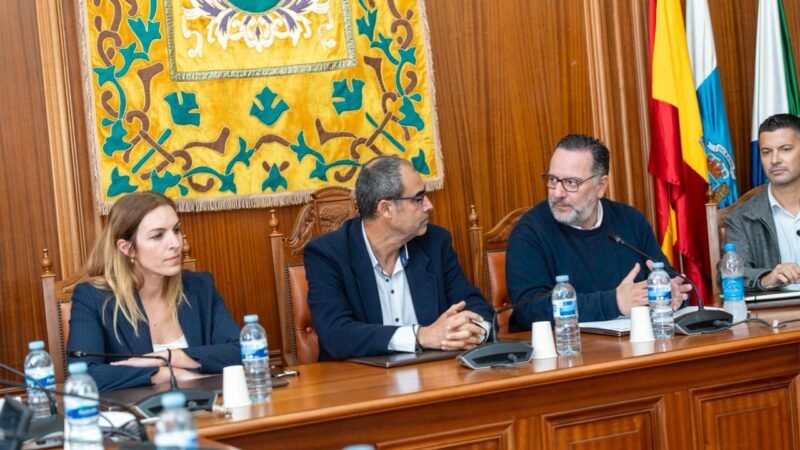El portal gubernamental de las Islas Canarias – Proyecto Impacost para la transición ecológica

Ecological transition carries out this European initiative of the Interreg Mac program 2021-2027 with an investment of over 3.6 million euros, 85% co-financed by Feder Funds
The project, with 13 participating partners, will help develop future scenarios and strategies to address risks such as erosion and flooding on the island and coastal territories, as a result of climate change.
The Ministry of Ecological Transition and Energy of the Government of the Canary Islands, led by Mariano H. Zapata, directs the Impacost Project as the main partner. This initiative, framed within the Interreg Madeira-Azores-Canarias (MAC) 2021-2027 program, aims to assess the impact of climate changes in the coastal areas of Macaronesia and Africa, to better face the challenges and solutions to climate change.
Vice Minister of Ecological Transition, Climate Change, and Energy, Juliet Schalenberg, emphasized that Encost is «a unique opportunity to promote comprehensive and sustainable solutions to the challenges of climate change, taking into account the particularities of each territory» before highlighting the «importance of promoting local knowledge exchange» and how this project «involves 13 partners from the crane region and the coastal zone of Africa.»
In this regard, the vice minister also noted that this is not the only European project in which the Canary Islands are a participant and leader. «Currently, we are actively involved in four European projects of the Interreg Mac program, in addition to being participants in another one with a total budget of almost 12 million euros from Feder Funds, known as Plancimac2, Circular, and Geotermac, in addition to this.»
The vice minister explained that this project, taking place over the next four years, with a total budget of 3,656,120 euros, 85% funded by Feder Funds, has as its main objectives «to project coastal prediction systems, to develop future scenarios in erosion and natural risk analysis» as well as «to ensure access to information and citizen participation in managing these challenges.»
He also stressed that Impacost not only aims to meet the needs of the Macaronesian coasts but also «replicates effective solutions for coastal climate adaptation in African territories» to which he finally added that «this project impacts the line of work. The Ministry is studying and analyzing the effects of sea level rise, paying special attention to the most affected islands of the Canary Islands, such as Lanzarote and Fuerteventura».
The Impacost project in detail
The initiative brings together 13 partners, including the Ministry of Lands and Natural Resources in Ghana, the Directorate-General for Environment and Climate Action of Sao Tome and Principe, and the National Institute of Land Management of Cape Verde.
Gesplan, Iter, Grafcan, and the universities of Las Palmas de Gran Canaria and La Laguna participate in the Canary Islands. The Portuguese archipelago is represented by its regional environmental secretariat and climate change, the University of Madeira, and the Regional Agency for Research and Technology of Madeira.
Among the expected results of the project, the development of coastal prediction tools, detailed scenarios on risks, and erosion strategies tailored to the specific needs of each coastal region. This comprehensive approach will identify and prioritize vulnerable areas, designing sustainable and high-impact interventions in collaboration with local communities and international experts.






